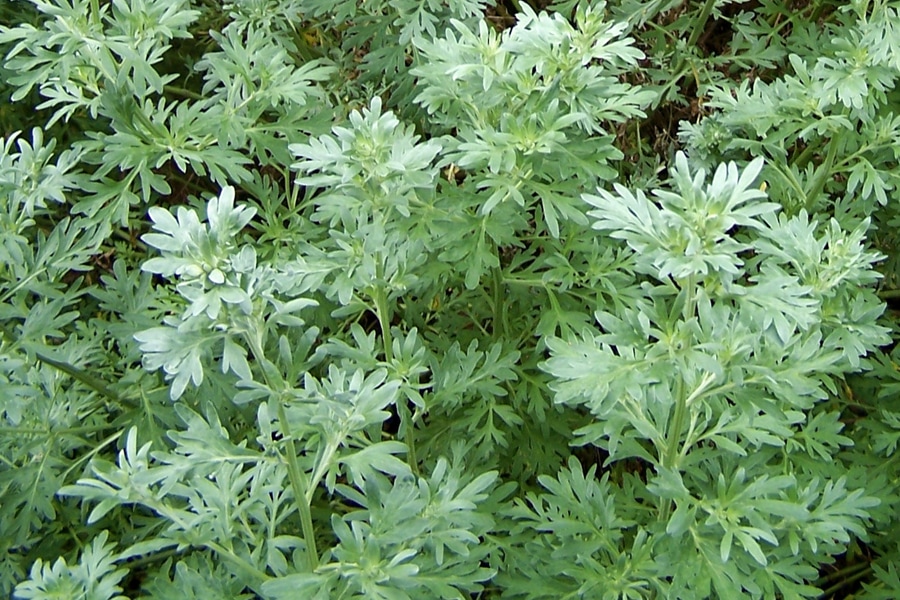|
A light infusion of the tops of the plant, used fresh, is excellent for all disorders of the stomach, creating an appetite, promoting digestion and preventing sickness after meals, but it is said to produce the contrary effect if made too strong.
The flowers, dried and powdered, are most effectual as a vermifuge, and used to be considered excellent in agues. The essential oil of the herb is used as a worm-expeller, the spirituous extract being preferable to that distilled in water. The leaves give out nearly the whole of their smell and taste both to spirit and water, but the cold water infusions are the least offensive. |
|
- Home
- Introduction
- Choose your Plan
-
Choose your Plants
- Alecost
- Anchusa
- Angelica
- Balkan Sage
- Balm
- Basil Sweet & Bush
- Bergamot
- Borage
- Calaminth
- Camphor Plant
- Caraway
- Catmint
- Chamomile
- Chervil
- Chives
- Clary
- Comfrey
- Coriander
- Dill
- Elecampane
- Fennel
- Fennel Florence
- Feverfew
- Garlic
- Germander
- Giant Catmint
- Herb Patience
- Horehound
- Hyssop
- Lad's Love
- Lady's Maid
- Lavender
- Lily of the Valley
- Lovage
- Lungwort
- Mace
- Mallow
- Marigold
- Marjoram
- Melilot
- Mints
- Old Lady
- Parsley
- Pennyroyal
- Rose
- Rosemary
- Rue
- Sage
- Salvia Virgata Nemorosa
- Santolina Chamaecyparissus
- Savory
- Sorrel
- Sweet Cicely
- Tansy
- Tarragon
- Thyme
- Vervain
- Woad
- Wormwood
- Workshops
- Q & A
- Blog
- Contact
- Home
- Introduction
- Choose your Plan
-
Choose your Plants
- Alecost
- Anchusa
- Angelica
- Balkan Sage
- Balm
- Basil Sweet & Bush
- Bergamot
- Borage
- Calaminth
- Camphor Plant
- Caraway
- Catmint
- Chamomile
- Chervil
- Chives
- Clary
- Comfrey
- Coriander
- Dill
- Elecampane
- Fennel
- Fennel Florence
- Feverfew
- Garlic
- Germander
- Giant Catmint
- Herb Patience
- Horehound
- Hyssop
- Lad's Love
- Lady's Maid
- Lavender
- Lily of the Valley
- Lovage
- Lungwort
- Mace
- Mallow
- Marigold
- Marjoram
- Melilot
- Mints
- Old Lady
- Parsley
- Pennyroyal
- Rose
- Rosemary
- Rue
- Sage
- Salvia Virgata Nemorosa
- Santolina Chamaecyparissus
- Savory
- Sorrel
- Sweet Cicely
- Tansy
- Tarragon
- Thyme
- Vervain
- Woad
- Wormwood
- Workshops
- Q & A
- Blog
- Contact


